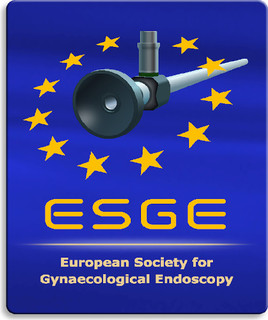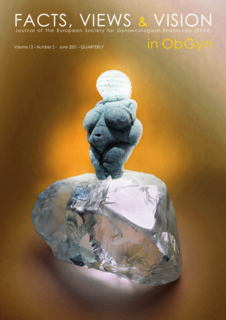Severe psychological impact and impaired quality of life after a spontaneous haemoperitoneum in pregnancy in women with endometriosis and their partners
Quality of Life, Quality of Care, haemoperitoneum, obstetrics, endometriosis
Published online: Jun 28 2021
Abstract
Background: Spontaneous Haemoperitoneum in Pregnancy (SHiP) is a rare, but life-threatening complication of pregnancy that occurs predominantly in the third trimester of pregnancy and is associated with adverse pregnancy outcomes. Recently the largest case series in literature was published describing 11 Dutch cases of SHiP in women with endometriosis.
Purpose: To investigate experiences, psychological impact, and quality of life after SHiP.
Methods: A mixed-methods study was performed in women with a history of SHiP and their partners, including all known cases in the Netherlands between 2007 to 2015. Semi-structured in-depth interviews were organized between 2016 and 2017 and analysed thematically with a framework approach. Participants were asked to complete questionnaires investigating the impact of the event (Impact of Event Scale) and Quality of Life (RAND-36).
Results: Out of a total of 11 known cases, 7 women agreed for be individually interviewed. From these, all women described a freeze response at the moment of SHiP, combined with either an anxious reaction or a survival mode mind-set. All women received psychological help after SHiP. Still, the feeling of not being heard by the medical staff was present in all women. Other themes such as postpartum period, bonding with their child, effect on daily life, reviving the event, and future pregnancies were also identified in the interviews. In regard to their partners, 3 were interviewed, hence no saturation was achieved. Finally, the questionnaires showed lower Quality of Life and an impact score of ≥ 8/10.
Conclusion: SHiP had a profound impact on women and their partners. Dedicated psychological help should be offered to all women after experiencing SHiP.



